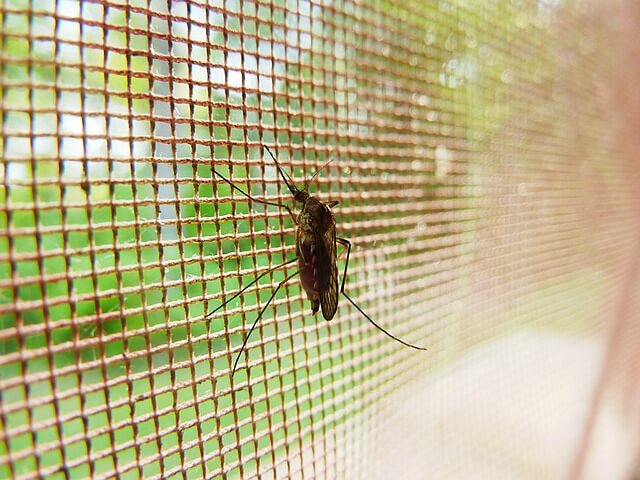Many of the medicines we rely on today have roots in traditional practices and folk remedies.
These age-old customs are not to be underestimated, as they hold the potential to tackle a range of conditions. In a new study published in ACS Omega, a team of researchers has unearthed compounds in the leaves of a special Labrador tea plant used by the First Nations of Nunavik, Canada. Remarkably, one of these compounds has shown activity against the malaria parasite.
Labrador tea is a term encompassing several closely related plants belonging to the Rhododendron genus. These evergreen shrubs, known for their fuzzy leaves, are brewed into herbal teas that have been commonly used by the Inuit and Indigenous nations in the U.S. and Canada. These teas have been reported to alleviate various ailments such as colds, flu, headaches, stomach aches, and nasal congestion. Past studies have even revealed that essential oils derived from these plants possess antimicrobial properties, which could aid in combating antibiotic-resistant microbes.
One particular variety, the Dwarf Labrador tea (Rhododendron subarcticum), stands out due to its aromatic brew and ability to thrive in the harsh conditions of the subarctic regions, ranging from Alaska to Siberia, just below the Arctic Circle. Despite its widespread use as a traditional medicine, the chemical composition and potential antimicrobial applications of R. subarcticum have remained relatively unexplored. With this in mind, Normand Voyer and his team set out to analyze the constituents of R. subarcticum and evaluate its antiparasitic properties.
The researchers collected leaves of R. subarcticum from Nunavik, a northern region in Quebec. They extracted the essential oil from the leaves and subjected it to gas chromatography, mass spectrometry, and flame ionization detection to identify its chemical components. The analysis revealed 53 compounds, with ascaridole comprising 64.7% of the oil, followed by p-cymene at 21.1%. This specific combination of compounds had not been previously reported in closely related North American Labrador tea varieties, but it had been identified in subspecies originating from Europe and Asia.
To determine whether this essential oil possessed antimalarial properties, the team exposed two strains of Plasmodium falciparum, the parasite responsible for malaria, to the oil and pure ascaridole. In the experiment, one of the strains was even resistant to known antimalarial drugs. The results indicated that ascaridole was the primary component responsible for the activity against both strains of the parasite, which aligns with the findings of other traditional antiparasitic remedies rich in this compound. The researchers emphasize the importance of investigating and preserving plants used in traditional medicines, particularly those hailing from climates affected by climate change.
The authors express their gratitude to the Whapmagoostui Cree Nation Council and Kuujjuarapik Inuit Community Council for sharing their knowledge. They also acknowledge the support provided by the Natural Science and Engineering Research Council of Canada, Fonds de Recherche du Québec—Nature et Technologies, Sentinel North, and IDEX UCAjedi.
The American Chemical Society (ACS), a nonprofit organization established by the U.S. Congress, aims to advance the field of chemistry for the betterment of the planet and its inhabitants. ACS is a global leader in promoting excellence in science education and facilitating access to chemistry-related information and research through various platforms such as peer-reviewed journals, scientific conferences, eBooks, and the weekly news periodical Chemical & Engineering News. While ACS journals are among the most cited, trusted, and read within the scientific community,

